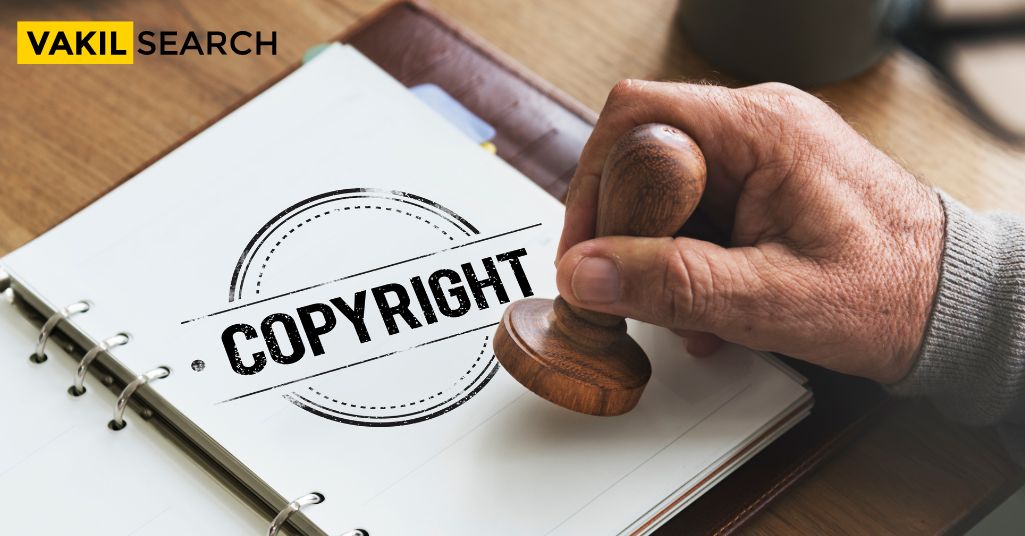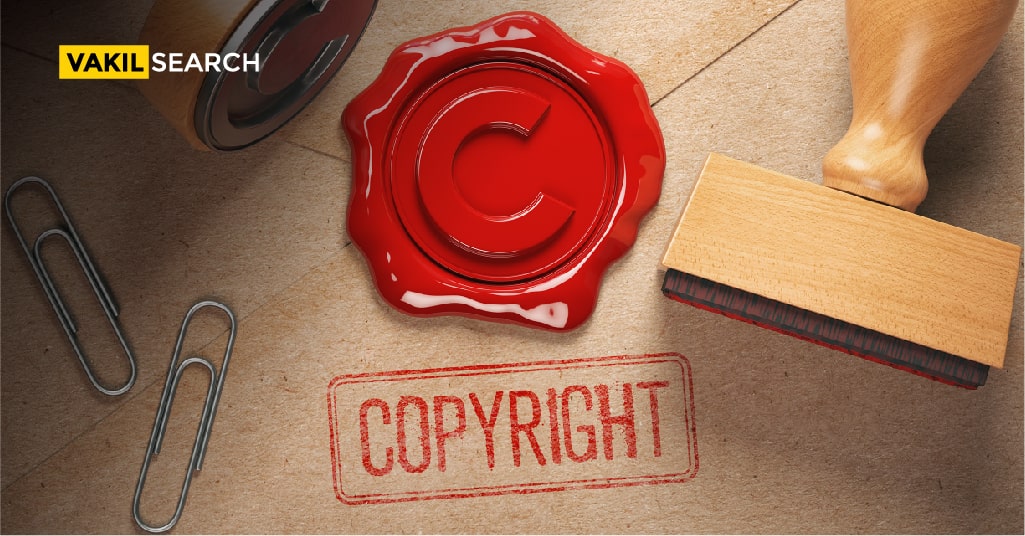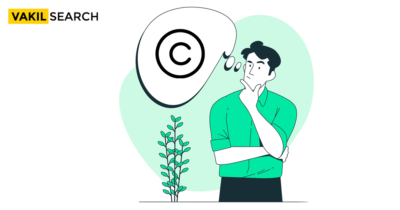Copyrights encourage creativity by protecting the original work of the creator or author. Though it is not mandatory to register to claim copyright, it is advisable to do so. Read this article to know all about copyright registration in India.
If you have created a work in India, you may be wondering if you need to register it with the government in order to claim copyright. The answer is maybe. It depends on what type of work it is and what you plan to do with it. If you want to publish your work or make it available to the public, registration is recommended but not required. You can still claim copyright even if you don’t register your work, but it may be easier to enforce your rights if your work is registered. There are some works that must be registered in order to be eligible for copyright protection. These include photographs, architectural plans, and maps. If you plan to use your work commercially, or if you want to be able to sue someone for infringing on your copyright, registration is required. Registration is not always easy or cheap, so you’ll need to weigh the costs and benefits before deciding whether or not it’s right for you. But remember, even if registration is not required, copyright protection still exists for your work.
What Is Copyright?
Copyright is a right provided by law to the creators of musical, artistic, literary, dramatic works, sound recordings, or producers of cinematic works. The law entails a bundle of rights to claim Copyright Disclaimer including, the right to reproduce, allot the work to the public, create any variations for the work, and various other rights depending on the type of copyright.
How Does Copyright Encourage Creativity?
Creativity being the keystone to a society’s economic and social progress, cannot be ignored.
Thus by ensuring safeguards to the Performing rights of the authors or creators, copyrights serve as a kind of reward for creativity, thus encouraging people to do more. Copyrights protect the efforts, and hard work of the authors, designers, creators, dramatists, musicians, architects, producers of cinematographic films and sound recordings, as well as creators of computer software. By doing so, an atmosphere conducive to creativity is induced, which motivates others to create more.
Is Copyright Registration Necessary to Claim Copyright?
Acquisition of copyright is automatic and so it does not require the formality of registration. The rights under the Copyright Act come into existence soon after the creation of the work. Hence, there is no need to formally register to acquire it. It is however advisable to register the copyright for certain benefits.
Copyright is automatically acquired, and no formalities are necessary. A work automatically acquires copyright as soon as it is created; there is no formal process.
What Are the Advantages of Claim Copyright?
- As already mentioned it is not mandatory to register the copyright, but it is always suggested to do so owing to the various advantages of copyright registration India: Some benefits of copyright registration are as follows:
- Copyright registration creates a public record of one’s ownership over the copyright
- One can take legal action against infringers in a court of law if the copyright is registered
- If legal action is taken before or within a certain period from the publication date, adequate evidence in court relating to the validity of the copyright and the facts stated in the copyright certificate may be required.
- Registered copyright entails the owner to claim statutory damages in a high court if an infringement is filed in the court. The owner of a registered copyright can even claim the attorney’s fee. However, the same is not the case with unregistered copyrights. For unregistered copyright, the owner can only get awarded the actual damages and profits. Also, such claims can be complicated to prove.
- The owner can record the registration of the copyright with the Indian customs to help prevent the importation of infringing copies into India.
- As already mentioned, copyright protection is important to encourage the creation of several intellectual works. If the copyright protection is unavailable, anyone could take advantage of the work without paying any royalties or remuneration to the owner of the work.
- The registration of copyright entitles the owner to protection and benefits in the form of economic rights. These rights entitle the creator’s to exercise control over their artistic material, and literary work in various ways that include producing copies, broadcasting, performing in public, using online on the internet, and making variations to the original works, among others. These rights help the owner avail an appropriate economic award for their original work.
- Registration of copyright ensures the creators or authors are consequently rewarded for their venture and originality.
- Integrity right is one among the other rights under Copyright Act literary work, that enables an author to object to the adaptation or derogatory action performed concerning their original word.
- Paternity right is another right that enables the identification of moral rights to be identified as the creator’s definite kinds of material.
- The entitlement and registration of copyright will display the validity of your copyright if it is registered within five years from the date of publication. This can help the owner avoid any kind of challenges to his work-related rights.
- The owner can make import or export deals of a part or whole of the work with copyright protection.
- The creation of any derivative work is possible from the copyrighted work if registered.
- An open exhibition of the copyrighted work is possible with the protection of copyright.
- The owner can sell or pass on the rights of the original work with copyright protection.
- As an owner, a person can transmit or display the work by video or radio with copyright protection.
Conclusion
In India, claim copyright is not mandatory. However, it is recommended as it provides better legal protection to the copyright holder. Claim Copyright creates a public record of the work and can be used as evidence in a court of law in case of infringement. Claim Copyright is a simple and straightforward process in India. The copyright office accepts applications online and offline. The applicant must submit a copy of the work along with the application form. The copyright office then examines the work and if it meets the requirements, grants copyright to the work.
Read more:










